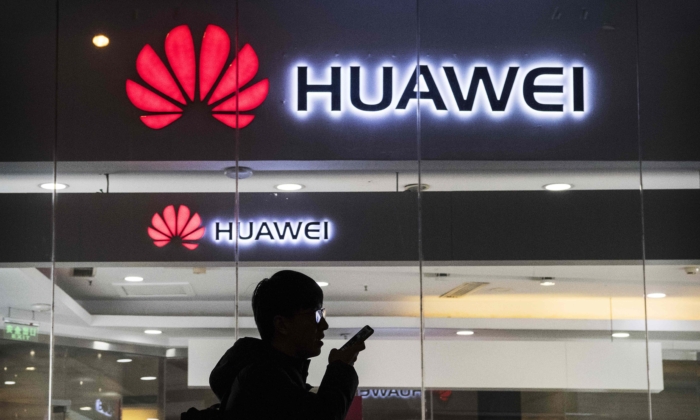The bipartisan leaders of a House committee are urging the Biden administration to take immediate action to prevent Huawei, a U.S.-sanctioned Chinese telecom giant, from acquiring American chipmaking equipment through its “clandestine network of semiconductor companies.” In a letter to Commerce Secretary Gina Raimondo, Chairman John Moolenaar and ranking member Raja Krishnamoorthi highlighted that Huawei’s semiconductor ambitions pose a significant threat to U.S. national security.
The lawmakers emphasized that Huawei is trying to bypass restrictions imposed by the Commerce Department on U.S.-produced semiconductor manufacturing equipment (SME) to bolster its chipmaking capabilities. By restricting the flow of SME to Huawei’s clandestine network of semiconductor companies, the United States can send a clear message to both China and Huawei that it will take necessary measures to prevent U.S. technology from supporting their problematic technology goals.
Countries like the United States, Japan, and the Netherlands have implemented restrictive controls to prevent the sale of advanced semiconductor manufacturing equipment to China, hindering its access to key equipment manufacturers. Huawei was placed on the Commerce Department’s Entity List in 2019, and the Pentagon has identified it as a company with ties to the Chinese military. In response, the Biden administration has revoked licenses that allowed certain companies to sell their products to Huawei.
The lawmakers identified Chinese companies such as Pengxinxu, SwaySure Technology, and Qingdao Si’En, among others, as likely participants in Huawei’s clandestine chip network. They highlighted the risks associated with these companies and their close connections to Huawei, urging continued efforts to deny Huawei access to U.S. technology that undermines national security.
Additionally, the Biden administration has rolled out new export controls on critical technologies to block China’s access to advanced semiconductor manufacturing equipment and other key technologies. Industry reports suggest that China’s semiconductor manufacturers will invest heavily in chipmaking equipment in the coming years, potentially reshaping the global semiconductor landscape.
Overall, the letter underscores the importance of preventing Huawei and similar entities from accessing U.S. technology that could compromise national security. By taking proactive measures to restrict the flow of semiconductor manufacturing equipment, the United States can safeguard its technological edge and address the challenges posed by Huawei’s semiconductor ambitions. Please rephrase this sentence.
Source link





